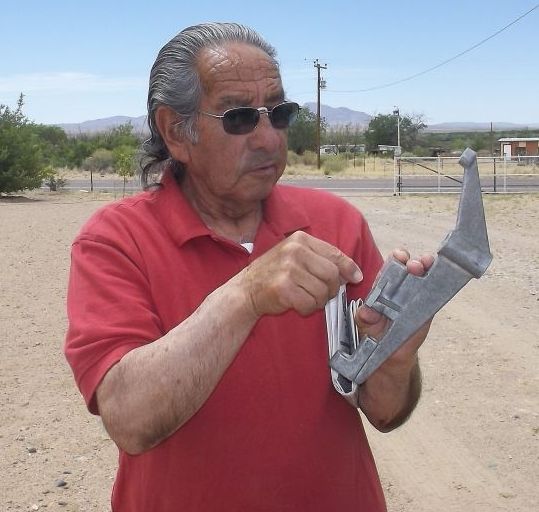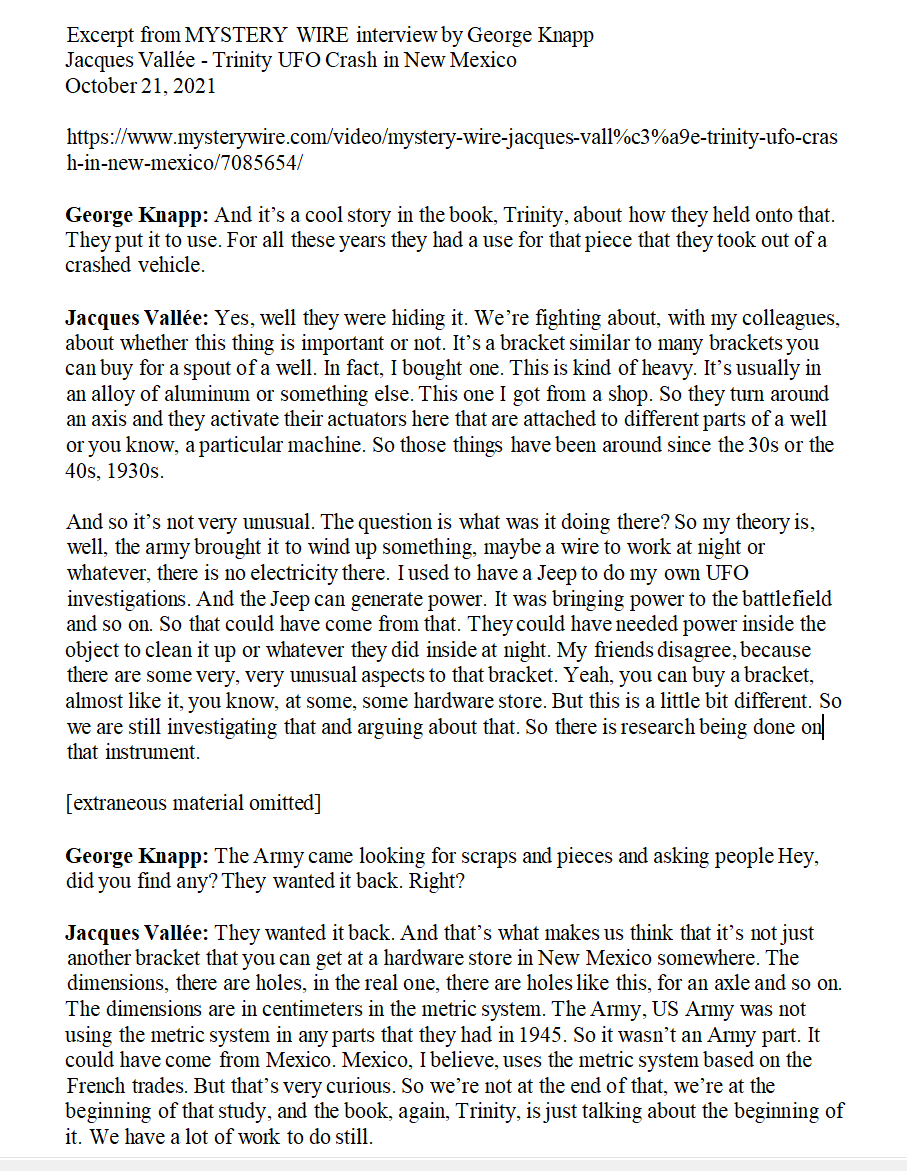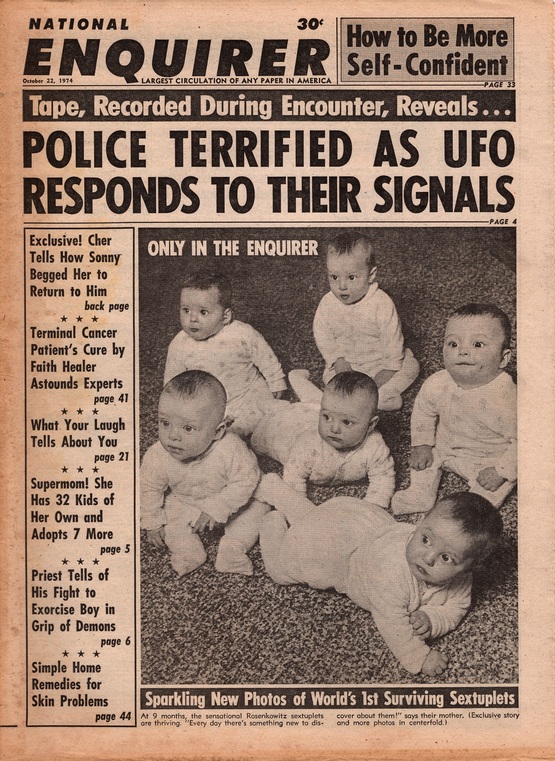— the hot dam historian (@varsha_venkat_) August 2, 2023
We've been talking about this since early 2016. Trump has been holding the party ransom for almost eight years and the rates keep going up.
Hi, I’m back. For you RINO dreamers: If Trump loses the primary, he’ll destroy the GOP and take #MAGA with him out of revenge. You made a deal with the devil. He loses early, you lose late. Want the party back? Disavow him now, lose badly, and rebuild from the ashes. https://t.co/PSx1xmJphx
— Reed Galen (@reedgalen) July 30, 2023
I know it's competitive, but I think McCarthy's dignity levels may now be lower than Lindsey Graham's.
LOL Swalwell confirms McCarthy threatened to 'kick the shit' out of him and then ran away after after Swalwell called him a pussy pic.twitter.com/L89cTLvH1T
— Acyn (@Acyn) August 2, 2023
I think another way to look at the dynamic Greg describes here is that McCarthy, other GOP leaders, Fox, et al have trapped themselves. They could get together, smoke-filled room style, and solve their collective-action problem, but refuse to. https://t.co/N68pr4FfkH
— Brian Beutler (@brianbeutler) July 31, 2023
Interesting to see Kitara retweeting this. pic.twitter.com/csIUBkeQ8K
— Ron Filipkowski (@RonFilipkowski) August 1, 2023
Another sign of the derangement here: When DeSantis discussed charges against Trump this weekend, he blamed them on his failure to tame the deep state.
— Greg Sargent (@ThePlumLineGS) July 31, 2023
Oddly, news orgs are depicting this as criticism of Trump's conduct. That's not what this is at all!https://t.co/zxAfjnUfqt pic.twitter.com/tL7OcGZ06K
Approximately 0% of mainstream news editors / reporters worry about being seen as having a right-wing bias. (Even though most vote Dem. That shows "openness"! )
— James Fallows (@JamesFallows) July 28, 2023
Approximately 100% of them worry about being seen as leaning left.
That's your guide to mainstream coverage. https://t.co/sSt53bAzZW
Fwiw, I first learned this a couple decades ago from people at the other oped pages. Pieces come in that look fishy, a pretty obviously lobbyist placed piece, money involved. They say no. A bit later the piece shows up in the Journal or the Wash Times. Like clockwork.
— Josh Marshall (@joshtpm) July 28, 2023
If any pundit or political analyst tries to make a historical polls based prediction about the upcoming primary, just scream "range of observed data!" until they go away.
I’m sure that will work. pic.twitter.com/fh7Q53Tjox
— Ron Filipkowski (@RonFilipkowski) August 2, 2023
Mitch McConnell issues the following statement on the Trump indictment. pic.twitter.com/IP8KimI2hZ
— Ron Filipkowski (@RonFilipkowski) August 2, 2023
Just another normal night on Truth Social. pic.twitter.com/j2sAwiF6On
— Ron Filipkowski (@RonFilipkowski) July 31, 2023
As we've said before, Democrats need to make every discussion about democracy, reproductive rights, and Social Security/Medicare.
For example...Here are Republican presidential candidates calling to cut Medicare and Medicaid.pic.twitter.com/HpRbo1BUXN
— The Democrats (@TheDemocrats) July 30, 2023
If you’re a senior, you should know: 156 House Republicans signed onto an extreme MAGA budget that would end Medicare as we know it and raise prescription drug costs.
— Joe Biden (@JoeBiden) July 30, 2023
Not sure this has wide resonance.
“Biden's war on bitcoin and cryptocurrency will come to an end when I become president.”
— The Recount (@therecount) July 31, 2023
— Gov. Ron DeSantis (R-FL), while outlining his economic policy plan in New Hampshire pic.twitter.com/dphw9dhFgz
Bonier has a good track record.
As we get closer to election day in Ohio, women are voting at an even higher rate. Since this tweet just two days ago, another 100k votes have been reported, and women account for 57% of those votes. https://t.co/IgMP5Mpg96
— Tom Bonier (@tbonier) July 30, 2023
Woman at the Trump rally today says she supports “King Jesus and King Trump.” pic.twitter.com/fIrhe82Pn5
— Ron Filipkowski (@RonFilipkowski) July 29, 2023
Matt DePerno, who promised to indict Democrats for election fraud if he was elected AG of Michigan, has just been indicted for a scheme to tamper with voting machines. https://t.co/Y7PnGwXi3S
— Ron Filipkowski (@RonFilipkowski) August 1, 2023
If Musk has a messiah complex, does that mean Sacks has a herald complex or just a sycophant complex?
Imagine saying this with a straight face like Mr Fluffinstuff https://t.co/8H71t9cPgX
— Josh Marshall (@joshtpm) July 27, 2023
Yes, Tesla definitely needs another handout to support its vast BEV Semi fleet… $TSLA https://t.co/Xb88Btpvmy pic.twitter.com/1E27EDE2gx
— John Engle, Almington Capital Merchant Bankers (@AlmingtonCap) August 2, 2023
Here's the decision you have to make about Tesla:I would simply buy a car from someone who doesn’t side with America’s enemies over our nation and allies. https://t.co/vsK5WPTW4q
— Nathaniel Horadam (@NW_Horadam) July 30, 2023
are you not going to buy one because of this?;
or are you not going to buy one because the range numbers are fake?;
or are you not going to buy one because they sometimes spontaneously burst into flames?
At least when your Tesla does burst into flames it's over quick.
— Mark Palko (@MarkPalko1) August 2, 2023
"There should be more conversation about the environmental impact of AI, says @SashaMTL "https://t.co/0tvigpOrka
— @emilymbender@dair-community.social on Mastodon (@emilymbender) August 1, 2023
Important distinction. As we figure out AI in the classroom, we should also be thinking about how often marketing terms ("personalized learning") are adopted without discussion instead of, say, "automated instruction," which may end up being a more accurate description. https://t.co/gyOnLiKw15
— Jane Rosenzweig (@RosenzweigJane) August 1, 2023
"We find that most models are trained on small, narrowly-scoped clinical datasets (e.g., MIMIC-III) or broad, public biomedical corpora (e.g., PubMed) and are evaluated on tasks that do not provide meaningful insights on their usefulness to health systems." https://t.co/9zhh7TYwE9
— William Isaac (@wsisaac) August 1, 2023
Maybe he could partner with Elizabeth Holmes.
The guy who went to prison for scamming people who have medical needs has a new startup. His bold new idea? Scam people who have medical needs!
— MMitchell (@mmitchell_ai) August 2, 2023
(I guess that's his expertise eh? Stick to what you know...) https://t.co/fit4oZKv43
The reason yall be having all these technical degrees and making 300k but keep falling for conspiracy theories is because you thought English classes were stupid in college and now you don’t know what a logical fallacy is.
— Domo (@DapperDomo) July 31, 2023
Thank you.
— Felix Hamer • electricfelix (@electricfelix) August 1, 2023
I'd like to highlight my fav part:
"Like Large Language Models, driving automation is a technology that draws us into a fantasy, thinking a vehicle “can drive itself” after a few minutes of plausible performance."
⚡️⚡️⚡️ https://t.co/y7FwQu3GQT pic.twitter.com/knHcUsiqHS
The former is skill, the latter is intelligence. Many people in AI are very confused by the difference between the two, which causes them to attribute intelligence to systems that possess almost none.
— François Chollet (@fchollet) July 30, 2023
H/T @FrankPasquale - We badly need to have conversations/policy regarding this next-level anthropomorphization; the fiction of incarnating historical ppl including Harriet Tubman, RBG, and now Jesus. pic.twitter.com/Jktade01gK
— Critical AI : first issue coming in Aug. 23! :) (@CriticalAI) July 30, 2023
Like the former fighter pilot said.
Great thread https://t.co/7LrgYhJimK
— Kai Ryssdal (@kairyssdal) August 1, 2023
An excerpt from @g_knapp's book detailing supernatural events reported by Grusch's boss, Jay Stratton (aka Jonathan Axelrod), while investigating Skinwalker Ranch as part of the Pentagon's early UFO investigation program that they would rather forget. https://t.co/FVM3DWPVwV pic.twitter.com/tiuCQn9bMB
— Mick West (@MickWest) July 28, 2023
Or just read the Cliff Notes.
OceanGate co-founder wants to send 1,000 people to a floating colony on Venus by 2050 https://t.co/nI8XHkRj7v pic.twitter.com/lMIUqjgzYu
— New York Post (@nypost) July 28, 2023
Russia basically forced Americans to take certain positions by attaching vaccination attitudes to political affiliation. Vaccines were not always a polarizing issue. They were purposefully made into one. And guess who one of Russia’s favorite divisive characters is?
— Caroline Orr Bueno, Ph.D (@RVAwonk) August 1, 2023
RFK Jr. pic.twitter.com/g2W851TFrT
❤️🏳️🌈 WATCH: “What would I do if my child was gay? One of my sons IS gay. It’s his life to live. It’s not my place to judge - it’s my place as a parent to love my children. So that’s what I do.” pic.twitter.com/EV4dMn9I6O
— The Tennessee Holler (@TheTNHoller) July 30, 2023
Does anyone ever ask to be identified as a *junior* administration source?
— Julia Ioffe (@juliaioffe) August 1, 2023
I repost this every single time I see Andrew Tate trending. Best burn ever. pic.twitter.com/GCFOtzjXWC
— Devin Duke (@sirDukeDevin) July 30, 2023
They also have grounds for a false advertising case against parent company Yum! for calling itself Yum!
Taco Bell was sued today in a false advertising class action.
— Rob Freund (@RobertFreundLaw) July 31, 2023
Consumers allege that Taco Bell misrepresents the amount of beef in the Crunchwrap Supreme "by at least double the amount." pic.twitter.com/a0J84dsMin
Workers have begun removing the Soviet hammer and sickle from Kyiv's iconic Motherland statue. The Ukrainian trident will replace it.
— Jane Lytvynenko (@JaneLytv) July 30, 2023
The symbolism, of course, is lost on no one.
Video: @yurasov_vitaliy pic.twitter.com/kPw7l2j7Rl
A Mil Mi-26 in Russia’s Yakutsk was having a bad day overall pic.twitter.com/Oz9Ac8roC7
— Illia Ponomarenko 🇺🇦 (@IAPonomarenko) July 27, 2023
All videos with non-Newtonian fluids are cool.
Finally someone's doing the real science, "what happens when you put non-Newtonian fluids in a bear trap?"https://t.co/hF6SKy4ByW
— Dr Sarah Taber (@SarahTaber_bww) August 1, 2023







